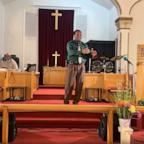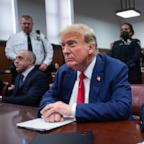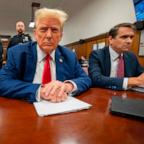Fees fatten airline revenue by $3.8 billion
— -- U.S. airlines are raking in more money this year from extra fees, although fewer people are flying.
In the first six months of this year, the airlines collected $3.8 billion for checking bags, canceling or rebooking flights, carrying pets and assigning seats, the latest data from the Department of Transportation's Bureau of Transportation Statistics show. That's up from $2.3 billion for the first half of 2008.
The reason for the increase: Airlines are charging more for services as they seek to offset the worst downturn in travel since after the Sept. 11, 2001, terrorist attacks.
"Fees are much higher this year," says Anne Banas, executive editor of SmarterTravel, which tracks the fees airlines charge.
Checked-bag fees are the most lucrative source of extra money. Revenue from them was $669 million in April, May and June alone, up 276% over what they brought in the same time last year. In the first six months of the year, airlines collected $1.24 billion in baggage fees.
Bag fees, which are among the least popular with travelers, are fairly new. But they've quickly expanded and reflect the growth in extra charges.
Airlines began imposing them in spring 2008 on the second bag passengers checked. Then some began charging for the first checked bag. Now, several airlines add a few dollars for passengers who pay at the airport instead of online.
Bag fees aren't the only extra source of income.
Revenue from fees imposed for canceling or rebooking flights rose 52% in the second quarter to $606 million. Revenue from miscellaneous fees — for assigning seats, flying pets and fees paid to the airlines for collecting airports' passenger facility charge — totaled $673 million in the second quarter, up from $565 million a year ago.
David Castelveter, spokesman for airline trade group Air Transport Association, says airlines need more revenue sources to be profitable.
In the second quarter, the industry generated $22.6 billion from selling passenger seats, down from $29.6 billion a year ago. The fees help make up for that, he says. Banas warns that travelers shouldn't expect the fees to go away once the economy turns around and more people travel again.




